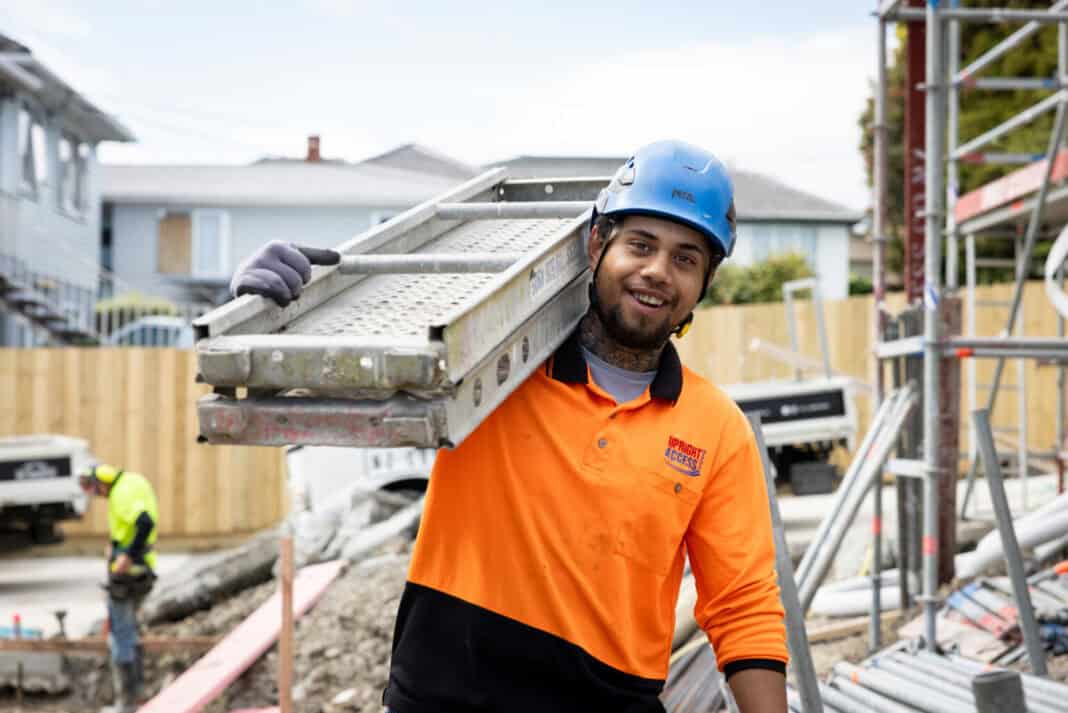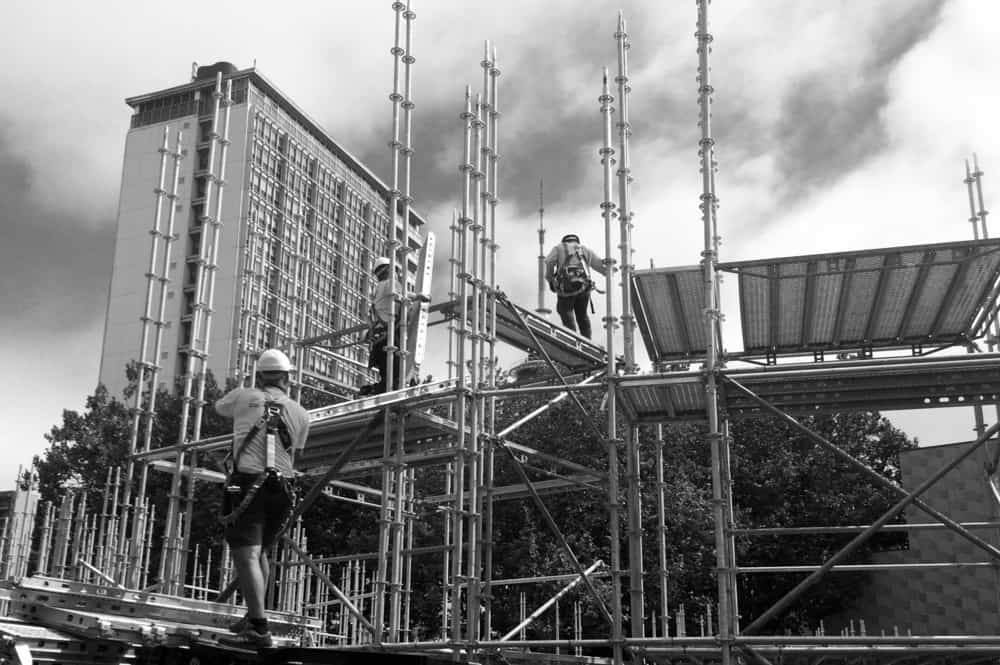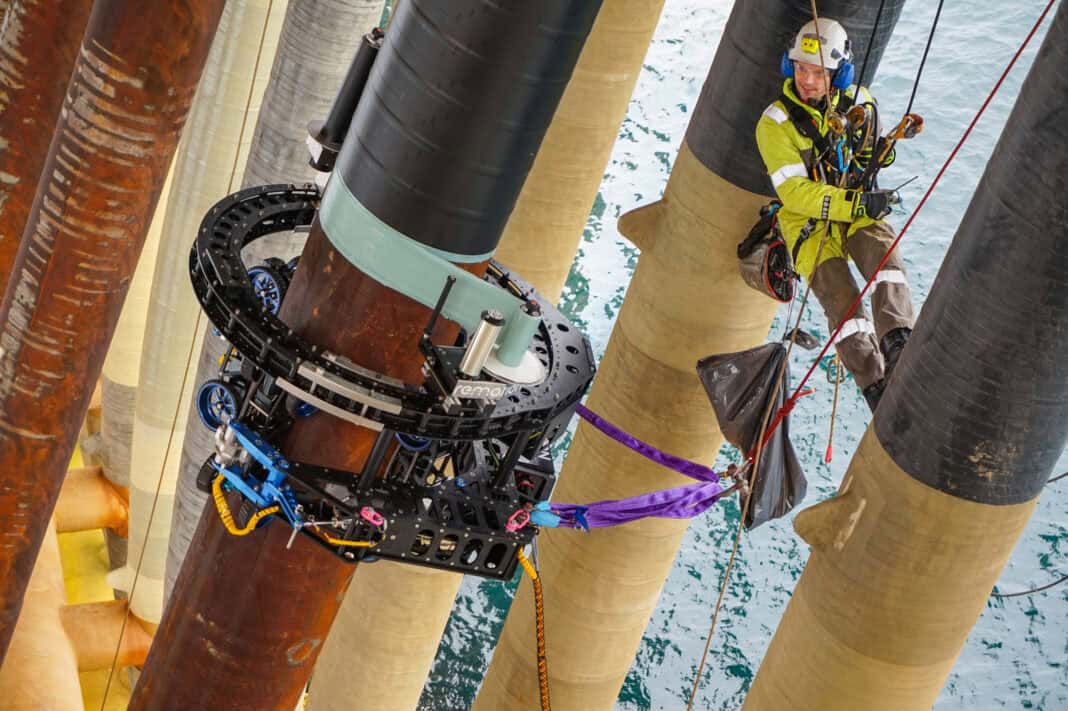In a significant milestone for New Zealand’s construction and infrastructure sectors, scaffolding has officially been classified as a Level 3 trade under the country’s new Occupational Codes.
This recognition cements scaffolding’s place as a skilled trade, affirming what industry professionals have championed for years.
The announcement, shared by SARNZ (Scaffolding, Access & Rigging NZ Inc.), marks the culmination of a long-fought campaign by the scaffolding community in the country.
Through consultations, personal stories, and unwavering advocacy, members of the NZ industry have brought their expertise and dedication into the spotlight.
“This achievement validates the hard work, persistence, and passion of our workforce,” SARNZ stated. “It’s not just about recognition but also about creating better career pathways for local workers and improving residency options for migrant scaffolding professionals.”
What This Means for the New Zealand Industry
The new Level 3 designation elevates the status of scaffolding as a skilled trade, paving the way for:
- Enhanced career opportunities: Local workers can now access structured career development within a recognised skilled trade.
- Stronger pathways for migrant workers: Residency opportunities become more accessible for overseas professionals in the scaffolding sector.
- Sector growth: This recognition bolsters the scaffolding industry’s appeal, drawing new talent and fostering higher safety and performance standards.
A Collective Victory
The formal recognition of scaffolding as a skilled trade is being celebrated as a shared victory across the sector. SARNZ extended its gratitude to the scaffolding community, whose voices played a pivotal role in driving the change.
“This is a win for scaffolding and a win for New Zealand’s construction and infrastructure sectors,” SARNZ emphasised.
As New Zealand continues to tackle ambitious construction and infrastructure projects, this acknowledgement underscores the critical role scaffolding plays in ensuring safety, efficiency, and success.
This achievement represents more than a policy change—it’s a turning point for scaffolding professionals who have firmly established themselves as indispensable contributors to New Zealand’s growth through their expertise and resilience.





